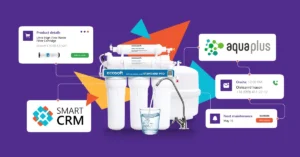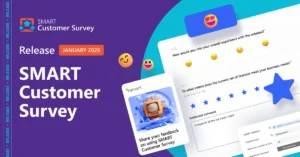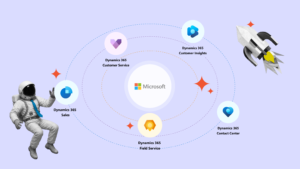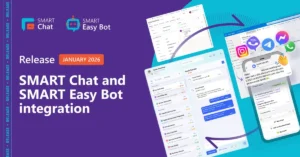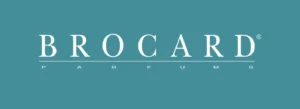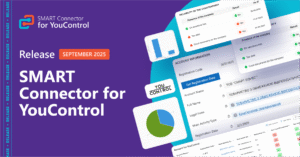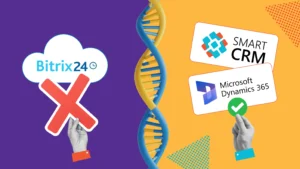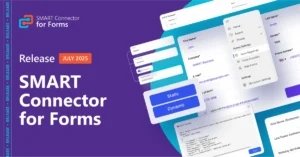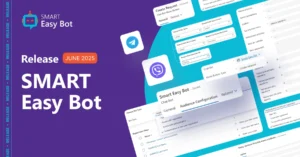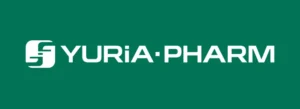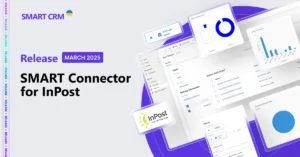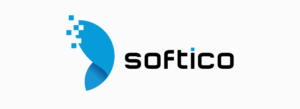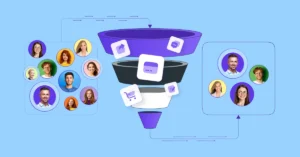What to Replace russian CRMs with: Better, More Efficient, and Safer Alternatives
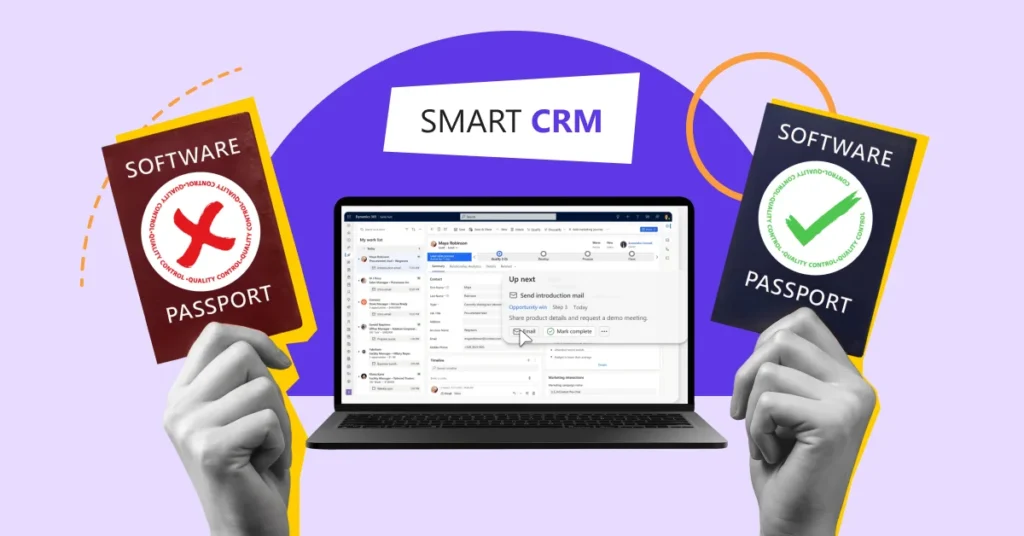
Ukrainian companies continue to abandon russian software. The first wave of boycotting software from the aggressor state occurred in 2017 due to moral reasons and the introduction of sanctions, and after the full-scale invasion in 2022, the issue of IT security became critically urgent. The government supported amendments to the Law of Ukraine “On Sanctions”, which provide for a complete ban on the use of hostile software products and access to electronic resources controlled by russia. As a result, a significant number of companies began switching to Ukrainian or Western alternatives.
This trend is not only a matter of principle, but also of practical security. After all, using hostile software carries a number of critical business risks, such as:
- Lack of data control – russian IT companies are subject to national legislation, under which security services may demand access to any information. This means there are absolutely no guarantees regarding the protection of personal and commercial data.
- Risk of sudden “blackout” – Servers or access to the service may be shut down by the vendor at any moment – for political or strategic reasons. This jeopardizes the continuity of business processes.
- Inability to receive updates and support – Sanctions restrict the legal use of russian software, blocking access to technical support and updates. These restrictions will only tighten, which in turn will impact related business processes.
- Geopolitical isolation – Global companies are massively cutting ties with russian vendors, directly affecting businesses that use their software. In addition to reputational damage, using russian software can lead to isolation from the European and American markets.
- Support for the aggressor – Every license or payment for russian software means funding the state that is waging war against Ukraine.
Nevertheless, despite these risks, in 2024, 17% of Ukrainian companies still used russian software, including CRM systems – as reported in a Ringostat’s study. This typically happens due to financial constraints, migration challenges, or simply out of habit. However, some organizations do not consider switching from hostile software simply because they cannot find local or foreign CRM alternatives. That’s why we propose to explore which solutions should be abandoned and what can replace russian CRMs.
List of the Most Popular russian CRMs on the Ukrainian Market: Which Systems to Avoid
Unfortunately, for a long time, russian software was the most popular option for doing business in Ukraine. The reasons varied: aggressive marketing, convenient integrations, or a lack of understanding of who the actual developer was. As a result, a number of CRM solutions of russian origin gained wide popularity in Ukraine. Among them:
- Bitrix24 – A comprehensive platform for managing sales, tasks, communications, and document flow.
- amoCRM (also known as Kommo) – A cloud-based CRM system focused on managing sales and customer communication.
- Megaplan – A tool for project management, task tracking, and team communication.
- EnvyCRM – A CRM system for sales and marketing automation.
- Prostoy Business – A universal CRM system for small and medium-sized businesses.
- Okdesk – A system for request management and customer service.
These are the most well-known software products from the aggressor state that are still present in the Ukrainian business environment. At the same time, there are solutions on the market that conceal their russian “origin”, posing as international ones. So how can you check whether the software you’ve chosen is connected to russia or Belarus? The IT Ukraine Association has created the Vorozhyi Soft (“Enemy Software”) platform, where you can easily check the origin of software, and the Opendatabot portal provides detailed information about whether citizens of russia or Belarus are among the owners or beneficiaries of a product.
The issue of information security is especially critical in the CRM segment — systems that store customer data. The choice of CRM affects not only the efficiency of the team’s work but also the security of confidential information and the company’s reputation. So, having decided to abandon software from the aggressor state, Ukrainian businesses face a strategic choice: what can replace russian CRMs while ensuring stability, alignment with Ukrainian realities, and the potential for business growth?
Alternatives the Market Offers Ukrainian Businesses to Replace russian CRMs
To replace russian CRMs, the market currently offers Ukrainian businesses the following alternatives:
- SMART CRM (Ukraine) — Built on Microsoft Power Platform, this solution offers flexible customization, secure data migration, and integration with popular services such as Nova Poshta, Rozetka, and Binotel.
- Dynamics 365 CRM (USA) — This is a set of Microsoft systems with built-in AI. They are categorized by functionality, enhancing different business units: Dynamics 365 Sales (B2B and B2C sales management), Dynamics 365 Customer Insights (marketing automation), Dynamics 365 Customer Service (transparent service support), Dynamics 365 Field Service (on-site service coordination), Dynamics 365 Contact Center (omnichannel customer communication through a contact center).
- Perfectum CRM+ERP (Ukraine) – A comprehensive solution for small and medium-sized businesses with CRM and ERP modules, supporting automatic updates, REST API, and certified data security.
- SalesDrive (Ukraine) – A cloud-based CRM system focused on sales automation, lead management, and analytics, with integration options for telephony and email services.
- Creatio CRM (Ukraine) – A no-code platform for CRM and business process automation that allows for quick adaptation to changes in the business environment.
- KeepinCRM (Ukraine) – A user-friendly CRM system for small businesses, featuring customer tracking, task management, and integration with popular services.
- OneBox CRM (Ukraine) – A flexible system that allows business process customization, task automation, and integration with various services, including telephony and email.
- Asteril CRM (Ukraine) – A specialized CRM for online stores, integrated with marketplaces such as Rozetka and Prom.ua, offering order and inventory management features.
- NetHunt CRM (Ukraine) – A CRM system integrated with Gmail, enabling sales and customer management directly from the inbox; actively supports the Ukrainian market.
- Odoo (Belgium) – A modular open-source platform that combines CRM, ERP, and other business apps, providing flexibility and scalability for various business types.
- Zoho CRM (India) – A cloud CRM system with a wide range of features for automating sales, marketing, and customer support, integrated with over 800 third-party apps.
- KeyCRM (Ukraine) – A CRM system for e-commerce that consolidates orders from marketplaces, messengers, and social media into a single interface, with inventory management and analytics tools.
- LP-CRM (Ukraine) – A CRM system focused on processing orders from landing pages and online stores, featuring sales automation and integration with popular payment systems.
It is important for a new CRM for business to be reliable, flexible, user-friendly for the team, and financially reasonable. So, let’s explore which aspects are most important to consider when choosing a new CRM system.
How to Choose a Quality Replacement for russian CRMs for Ukrainian Businesses: Tips and Recommendations
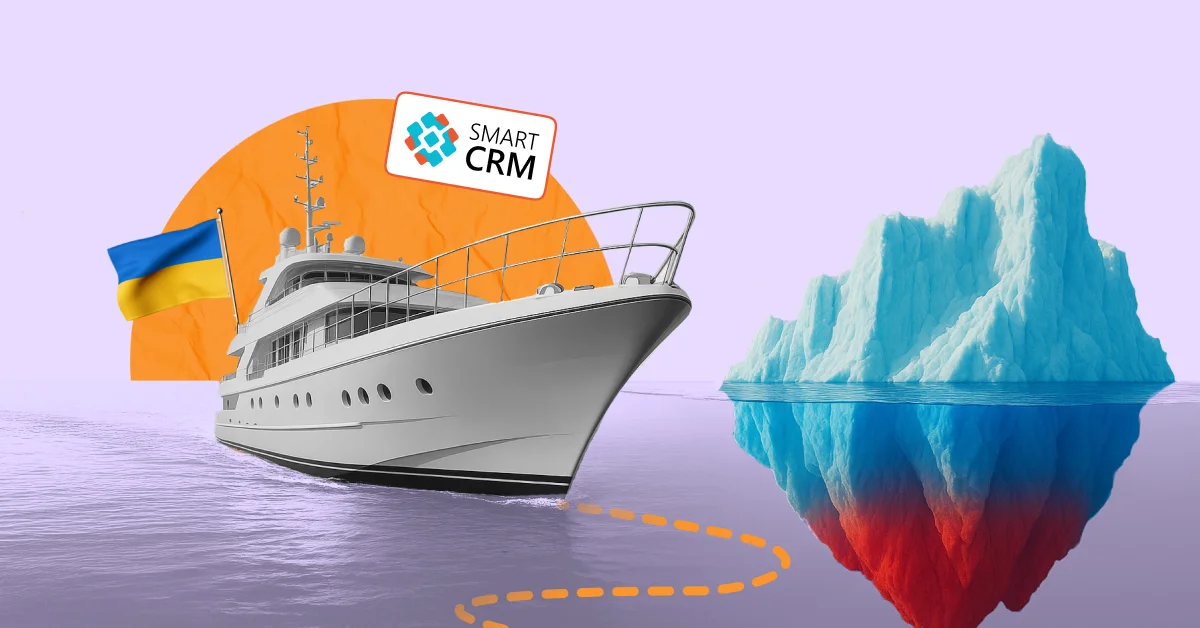
A quality CRM is not just a “replacement” for an old system. It is a new tool that should become part of the business ecosystem: support sales, automate customer interactions, enable transparent analytics, and facilitate scaling. So, when choosing a replacement for russian CRM systems, it is important to consider not only technical specifications but also a number of critically important criteria.
Criteria for Choosing Software to Replace russian CRMs
- Localization, support, and service for Ukrainian clients: A Ukrainian-language interface, technical support, compliance with Ukrainian legislation and business specifics – these are essential factors when selecting a system.
- Customization flexibility: A quality CRM should easily adapt to the working logic of a specific company – from the sales funnel structure to access rights, reporting, and internal integrations.
- Optimal financial conditions: A CRM must be a financially sound investment. It’s important to consider not only the subscription cost, but also the expenses for setup, employee training, technical support, and scaling. The market currently offers many options with broad functionality at an affordable price.
- Migration speed and data retention: Data transfer from previous systems must be fast, secure, and controlled. Choose CRMs with a track record of successful migrations – this will significantly reduce risks during the transition.
- Integrations and level of automation: The availability of ready-made integrations with telephony, email, messengers, accounting systems, and more is critically important. A CRM system should become the central hub for all customer-related processes.
- Analytics and management reporting: Analytical tools must be clear, flexible, and accessible. This enables informed decision-making based on real-time data – from sales performance to evaluating manager effectiveness.
- Compliance with legislation and security standards: The CRM system must comply with current Ukrainian laws on storing and processing personal data, as well as international security standards (including GDPR, ISO/IEC 27001, SOC 2, etc.).
Replacing russian CRMs and switching to a completely new system may feel like a “leap of faith”, but it can unlock new opportunities for business, support expansion into the European market, and help build stronger relationships with clients. A properly implemented and configured CRM system is a strategic tool that can strengthen internal communication, enable faster responses to market challenges, and support better managerial decision-making.
To ensure that replacing a russian CRM and migrating to new software goes as smoothly as possible and without risking your company’s operations, it is best to rely on a trusted vendor. For over 16 years, SMART business, in partnership with Microsoft, has been implementing and localizing leading solutions for business process automation – providing full technical support from the start of integration to the creation of a unified digital environment for the company. The company offers a full-fledged alternative to russian software – SMART CRM, a modern platform built on Microsoft Power Platform technologies. This solution for B2B and B2C companies covers all key customer interaction processes. SMART CRM is a reliable replacement for russian CRM systems like Bitrix24, Kommo, Megaplan, and other similar solutions – fully aligned with the modern needs of Ukrainian businesses.
SMART CRM as an Alternative to russian CRMs: Features, Capabilities, and Advantages
Implementing SMART CRM opens up a wide range of opportunities for companies, tailored to today’s market challenges. The CRM platform offers a number of key advantages:
- Flexible configuration for business needs: Thanks to a convenient tool builder, users can independently adapt the basic functionality of the CRM system to their own processes – without needing to involve developers.
- Robust technological foundation: SMART CRM is built on Microsoft Power Platform – one of the world’s leading low-code/no-code platforms. This allows for rapid scaling while minimizing costs associated with complex development.
- Integrations with modern services: The CRM system supports native integration with services like Ringostat, Binotel, Stream Telecom, Nova Poshta, Rozetka, eSputnik, PayPal, UAPAY, InPost, plata by mono, and more. This ensures centralized management of customer communications and logistics.
- High level of security and compliance: SMART CRM complies with more than 13 international security regulations and standards, including GDPR, CCPA, HIPAA, SOC, RODO, FedRAMP High, and others. This guarantees reliable data protection and compliance with legal requirements.
- Regular feature updates: The platform is continuously evolving – new versions are released every 3–4 months, consistently expanding capabilities and enhancing the user experience.
- Support and training from experts: Included are professional documentation, training materials, and consultations from certified specialists – helping users quickly get up to speed.
- Deep customization options: If needed, a company can request personalized configuration for its specific processes – provided directly by the SMART business team.
- Mobility and accessibility: The CRM system is accessible from any device – mobile or desktop – providing work flexibility and real-time control over business operations.
The SMART CRM platform offers four CRM solutions: SMART Sales, SMART Customer Care, SMART Order Management and SMART Marketing. These tools are currently demonstrating their effectiveness across industries such as retail, logistics, IT, as well as in education, energy, and pharmaceuticals. Below are a few recent CRM implementation cases from SMART business:
- Nova Post: SMART Sales and SMART Customer Care
Goal: Enable effective B2B sales management and customer inquiry handling during expansion into the European market.
Result: The implementation of the CRM system helped the company scale quickly and efficiently, optimize internal team communication, and improve customer satisfaction. - AM Integrator Group: SMART Sales
Goal: Optimize the process of working with potential deals and improve sales analytics.
Result: The implementation of SMART Sales streamlined deal management, aligned sales funnel stages with the department’s business processes, and enhanced analytics. - British-Georgian Academy: SMART Sales and SMART Customer Care
Goal: Improve communication with students’ parents and optimize administrative processes.
Result: The implementation of SMART Sales and SMART Customer Care improved communication with parents and reduced the administrative workload. - AQUA PLUS: SMART Order Management
Goal: Optimize order processing and ensure effective coordination between departments.
Result: The implementation of SMART Order Management automated key service processes – from order creation to invoicing – enabling a unified, integrated view of all orders. - DTEK: SMART Sales
Goal: Optimize engagement with potential donors and track the entire lifecycle of equipment.
Result: The implementation of SMART Sales created a single, transparent, and convenient environment for interacting with donors of specialized equipment and allowed for full traceability of the equipment’s journey.
If you’ve decided to stop using hostile software and are looking for a replacement for a russian CRM – or if you’re simply ready to implement a flexible, innovative, and efficient CRM system – submit a request, and SMART business experts will help you choose the right solution:
